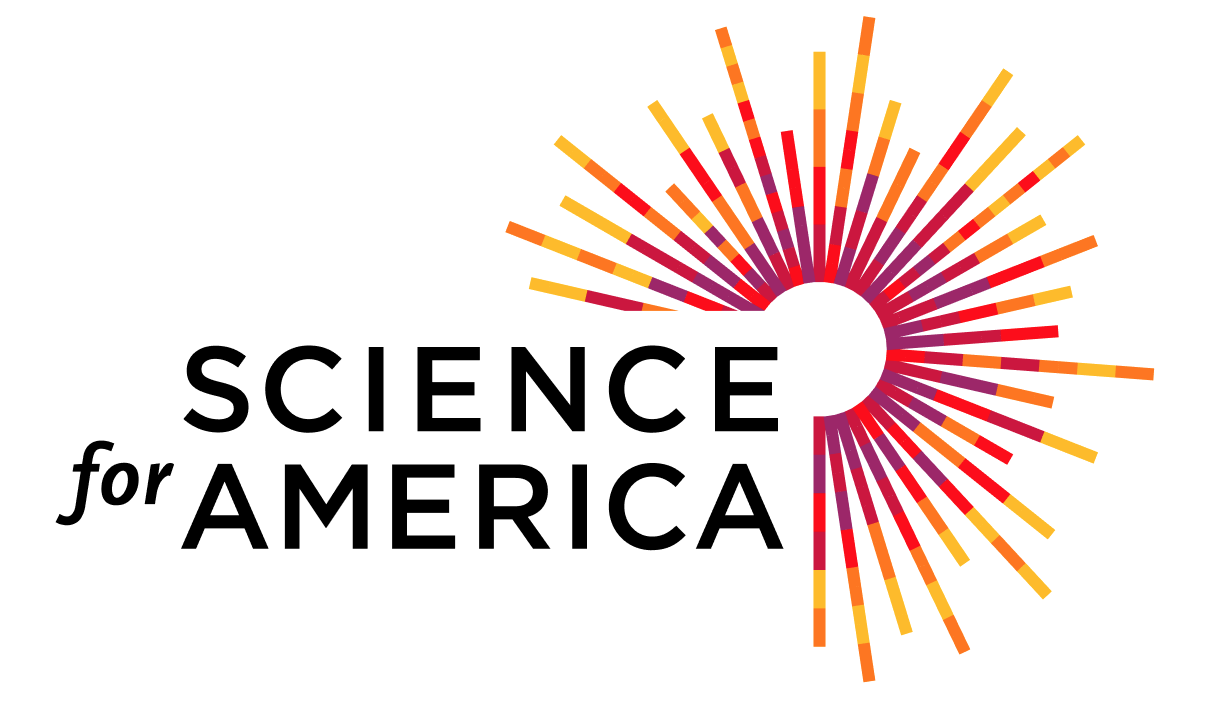NEWS
Scientists outline approach to enable clinical trials to intercept cancer recurrence in patients in remission
Coordinated system to identify patients with earliest evidence of recurrence could open door to faster, cheaper drug development
to benefit patients before metastatic disease
October 3, 2024
Cambridge, MA – Scientists at Science for America, Massachusetts General Hospital, Genentech, a member of the Roche Group, and Broad Institute of MIT and Harvard laid out a blueprint for a national system to facilitate “cancer recurrence interception trials,” to test new drugs in patients before they show clinical or radiographic evidence of cancer, in an article published in the journal, Nat Rev Cancer. The system could speed drug development for solid tumors — enabling faster, cheaper, and smaller clinical trials by engaging the more than 100,000 patients who have been treated for an early-stage cancer but are at risk that the cancer will recur.
Recent technological advances have made it possible to detect very small concentrations of circulating tumor DNA (ctDNA) released into the blood by cancer cells, and studies have shown that almost all patients with detectable ctDNA levels will go on to have cancer recurrence, typically within 18 months.
Some diagnostic tests for monitoring ctDNA in patients in remission for certain cancers are already reimbursed by insurance. However, they haven’t yet transformed the landscape of cancer clinical trials. Most new cancer drugs are first assessed in patients with advanced or metastatic disease—when patients are least likely to be cured. In contrast, patients with early molecular evidence of disease (MED) might be an ideal group in which to test drugs — because the risk of recurrence is very high, but patients are healthier, have fewer cancer cells, and could benefit from treatments that might intercept a cancer when it is smaller. A drug’s ability to reverse rising ctDNA levels would provide a sign of drug response that could be seen rapidly and in a relatively small number of patients. By following patients for longer periods, trials could tell whether a drug delayed or prevented clinical recurrence.
“Several groups have begun exploring the use of clinical trials in patients with early molecular evidence of disease recurrence,” said Dr. Aparna Parikh, Director of the Global Cancer Care Program at Massachusetts General Hospital and senior author of the paper. “But it’s become clear that setting up such trials on a one-off basis is somewhere between very difficult and impossible — because there’s no systematic way for a specific trial to rapidly find the patients with the right criteria and who have just become ctDNA positive.”
“To date, such trials have collectively been able to enroll a total of only a few hundred patients who are ctDNA positive,” said Dr. Eric Lander, Chief Scientist, Science for America and Founding Director, Broad Institute, who is a co-corresponding author of the paper. “What’s needed is a way to bring together cancer-care organizations, pharmaceutical companies, and tens of thousands of patients being monitored for ctDNA, so that those patients who show early molecular evidence of disease have the opportunity, if they wish to, to rapidly enroll in appropriate trials.”
The Nat Rev Cancer paper outlines a roadmap for creating a national standing clinical trialsplatform to identify patients with newly detected ctDNA and connect them with trials. The platform brings together (i) cancer care organizations and their patients, (ii) biopharmaceutical companies with relevant therapies, and (iii) a central information hub, supporting the rapid matching of patients with newly detected MED with appropriate clinical trials. Additionally, the platform would support gathering information that could propel knowledge about the natural history of ctDNA and accelerate the adoption of MED-based trials. The platform could be used for various types of trials, from small exploratory studies to larger pivotal trials for drug approval.
“New, more efficient clinical trial designs for people with earlier stage cancer may have the potential to accelerate drug development in this setting.” said Dr. Levi Garraway, Chief Medical Officer and Head of Global Product Development, Genentech, a member of the Roche Group, who is an author of the paper. “The ultimate goal would be to investigate more new treatment approaches at a point in time when cures or long-term disease control are possible.”
The authors of the study include industry luminaries including Aparna Parikh, MD and Arielle J. Medford, MD, Mass General Cancer Center; Levi Garraway, MD/PhD and Nikhil Wagle, MD, Genentech; Eric S. Lander, PhD, Ariel B. Carmeli, and Alexandra Ritchie, Science for America.
Read details of the proposed platform in Nat Rev Cancer.
Contacts:
Kelly Friendly | Science for America | 617-631-0677 | kellyfriendly@gmail.com

